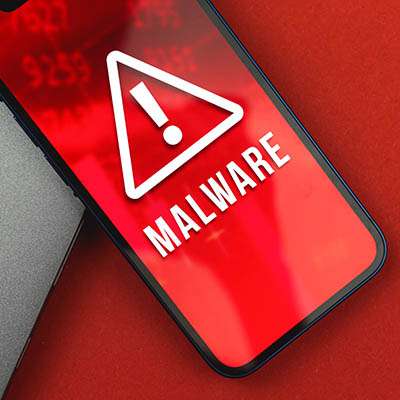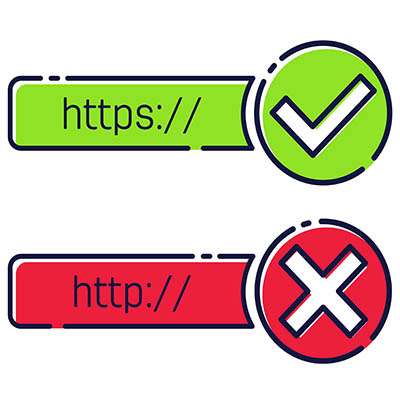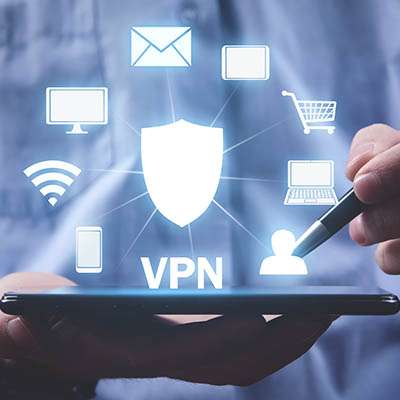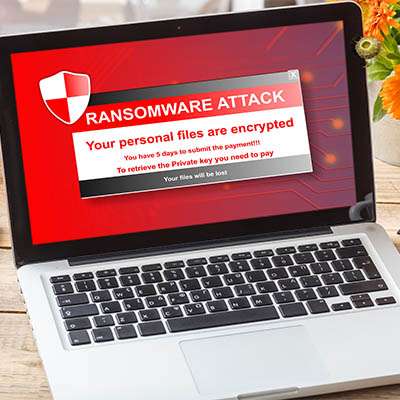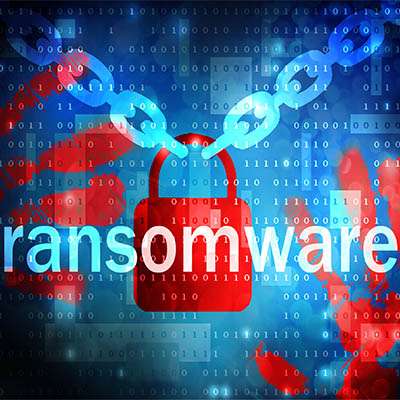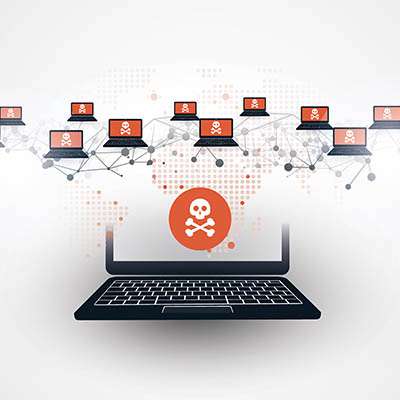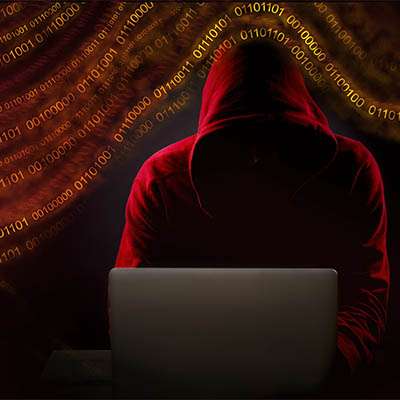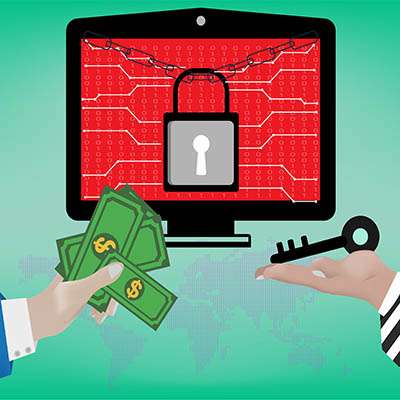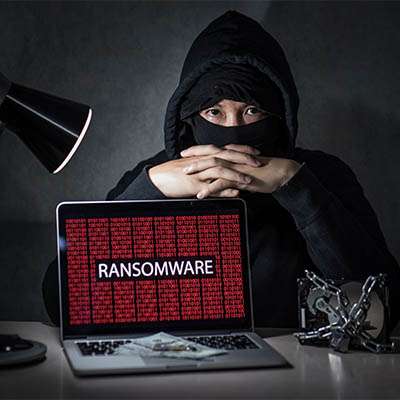You often hear about malware that infects desktop PCs, laptops, or servers, but other kinds of malware that infect mobile devices also exist. One such malware, a threat called TangleBot, has been discovered, and it can become seriously problematic for both workers and consumers utilizing Android devices, especially in the modern mobile-centric workplace.
Macro Systems Blog
It can be easy to overlook the importance of technology and its security, especially in industries that are deeply steeped in tradition, regardless of how imperative that security may seem when actually considered. Just consider the modern law firm, where technology, data, and the security of such is paramount.
The Internet browser is certainly one of the most-utilized applications in this day of cloud-hosted resources and online content… but for all that use, is it also one of the most-secured applications? In some ways, yes… but there’s always a few extra steps that can help you enhance your protections.
Virtual private networking, while maybe not the most recognizable term to everyone, at least seems to be pretty straightforward. Such a specific-sounding term must apply to one aspect of technology and that one aspect alone, right?
In actuality, there are two kinds of VPN. Listed below are what makes them different, and which your business should utilize.
The cyberattack on SolarWinds was devastating for many reasons, and Microsoft has officially uncovered yet another kind of malware used in the attack on the software provider: a backdoor threat they have named FoggyWeb. What does this threat do and why is it so imperative to look at this incident even now?
Windows 11 is quickly approaching; now is the perfect time to discuss Windows upgrades and upcoming end-of-life scenarios, including Windows 8.1, which is slated to expire in 2023. You might be wondering if you have the hardware to handle this upgrade, and that’s a valid question, but what does the end-of-life scenario for Windows 8.1 really look like for your business?
While it only makes sense to assume that a hacker would focus specifically on those targets that would bring them the greatest profit (in other words, larger businesses), the reality of modern cybercrime renders this assumption grossly outdated. Let’s examine how different developments in ransomware have made it possible for hackers to be far less discerning in who they target.
Another ransomware threat is here, this time targeting unpatched and end-of-life products in SonicWall’s Secure Mobile Access (SMA) 100 series and Secure Remote Access (SRA) products. To make things worse, the threat is currently being used, so businesses utilizing these devices must take action now to limit how much damage this ransomware can do.
Ransomware is such a colossal threat that all businesses should be aware of the latest news and findings regarding how it spreads and how it can be prevented. According to a recent report, the latest modes of transporting ransomware have been revealed. What can your business do to keep ransomware off of its network? Let’s find out.
Security can be rough for small businesses to optimize, but that does not make it any less imperative. One such way that security can work against you is actually your employees’ predispositions toward it; the cognitive biases that your employees have regarding security can put your business at risk, even if that is the last thing on their minds.
Cybersecurity is one of those components to an IT strategy that is absolutely imperative; you cannot ignore it in the modern age of ransomware and other high-profile hacks. In order to make sure that you are prepared to handle anything that comes your way, you must periodically test your security practices and assess how well your team can prepare for attacks. The question remains as to how often you should do this.
Nothing is more irritating than going to log into your device and finding out that you can't access it or that files you thought were there have been wiped. Alas, this is the situation that many users of a specific device have recently gone through. Thanks to an unpatched vulnerability, users of Western Digital’s My Book network-attached storage device are suffering from lost files and lost account access stemming from remote access.
A new ransomware attack has surfaced, this time mostly targeting IT companies and their clients. The attack is specifically targeting the Kaseya platform. Kaseya is management software that many IT companies utilize to remotely manage and support technology. The attack in question targeted Kaseya’s supply chain via a vulnerability in its VSA software; this attack is notable because of how it targeted the supply chain, not only striking at the vendor’s clients—notably IT companies—but also their customers. Essentially, this attack had a trickle-down effect that is causing widespread chaos for a massive number of businesses.
It doesn’t matter if you are a small locally-owned business or a massive enterprise: network security is equally imperative, as all businesses by default collect valuable information for hackers. It makes sense to protect your valuable assets, and your data is one of them. A recent threat called Agent Tesla is just another example of phishing malware designed to steal data from businesses just like yours, regardless of how big it is.
The last few months have been filled with severe cyberattacks, particularly those taking advantage of major businesses that might not initially be considered targets for these kinds of attacks. For example, McDonald’s Restaurants was recently breached. We examine the situation below, and how it plays into the recent trends we’ve witnessed.
According to a survey conducted by Splunk and Enterprise Strategy Group, more business leaders plan to funnel funding into their cybersecurity; 88 percent of respondents reported a planned increase into their investments, 35 percent reporting that these boosts will be substantial. Listed below are a few of the insights that this survey has revealed.
Ransomware has advanced from an irritating annoyance to a legitimate global threat, with the U.S. Justice Department officially going on the record and establishing that future ransomware investigations will be handled the same way that terrorism cases are now. Listed below is a review of the reasons behind this policy change and how your company should respond.
Last weekend a significant cyberattack occurred against the world’s largest meat processor and distributor, JBS S.A., that completely shut down the company’s operations in both North America and Australia… and as a result, has affected the supply chains associated with the organization. What lessons can be learned from all this?
The Health Insurance Portability and Accountability Act, also known as HIPAA, is a serious concern for all healthcare providers that operate within the United States. Since August 1996, HIPAA has mandated that these healthcare providers comply with various best practices. While HIPAA is relatively familiar to many people for assorted reasons, fewer know about HITRUST (the Health Information Trust Alliance) and how these acronyms ultimately cooperate with one another.
Headlines have been filled with news pertaining to the recent hack of Colonial Pipeline, which resulted in significant gasoline shortages up the east coast of the nation. While the pipeline has been restored, the way this was accomplished sets a dangerous precedent. Furthermore, the attack seems to have set off bigger infrastructural changes in the political space.

